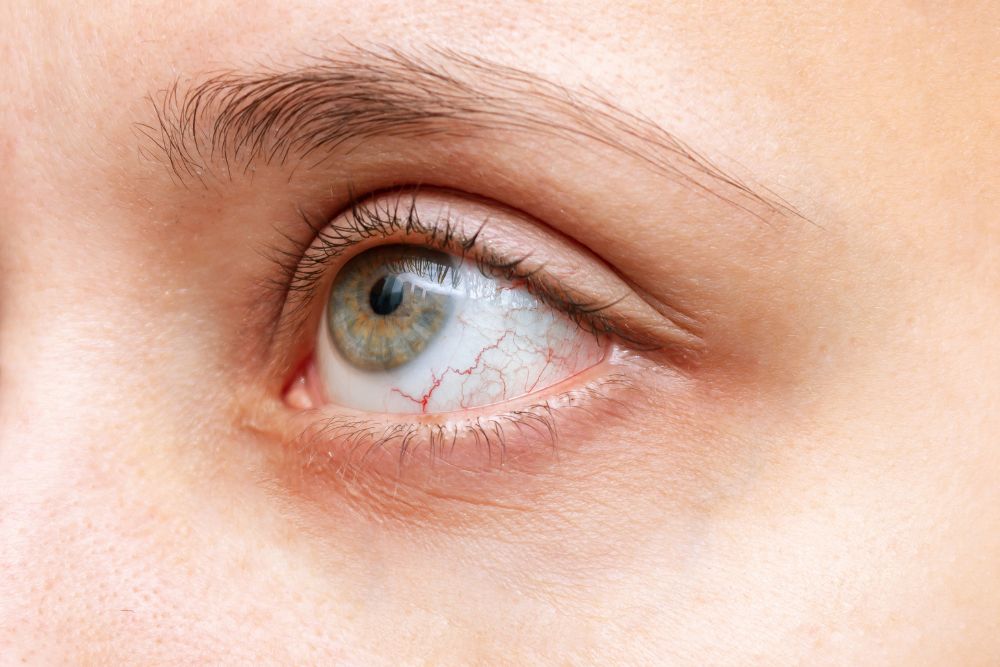Uveitis and Autoimmune Diseases: Exploring the Connection

Did you know?: Of the more than 100 autoimmune diseases, 50 million Americans have one or more, an estimated 75% of which are women.
Think of your immune system as a battlefield, where heroic proteins, or antibodies, tirelessly defend against harmful invaders known as antigens. While generally successful, this complex system may occasionally go into overdrive, mistakenly attacking healthy cells, tissues, and organs, leading to autoimmune diseases. Uveitis, characterized by inflammation within the eye's interior, can be potentially dangerous if left untreated and is often associated with autoimmune disorders. This inflammation affects integral eye structures and may result in vision loss. A prompt diagnosis and treatment are critical, underscoring the importance of a comprehensive understanding of this condition, including its symptoms.
Inflammation Information: Uveitis Subtypes and Symptoms
Uveitis involves inflammation resulting from the immune system's response to infections and other factors. It can also develop when antibodies attack healthy eye tissue within the uvea, situated between the retina on the rear eyewall and the sclera (the white part). The uvea encompasses the iris, responsible for controlling pupil size and light admission; the ciliary body, aiding in lens focus; and the choroid, a spongy, pigmented layer of blood vessels and connective tissue nourishing the outer layers of the retina with oxygenated blood.
The subtype of uveitis is determined by the specific inflammation site. Symptoms vary depending on the site of inflammation, affecting one or both eyes and occurring suddenly or in stages. Urgent ophthalmological care is necessary if you experience sudden blurry vision, floaters, eye pain, red eyes, or light sensitivity.
Anterior Uveitis
The most common and least severe subtype, anterior uveitis involves swelling and inflammation in the eye’s front part. Should it affect the iris, this condition is called iritis.
Intermediate Uveitis
Intermediate uveitis impacts your peripheral retina, the photosensitive tissue layer crucial for side and night vision. It can also damage the vitreous humor, which is the clear, gel-like substance that fills the space between the lens and the retina in the posterior segment of the eye.
Posterior Uveitis
Posterior uveitis affects the rear part of the eye, including the retina and choroid.
Panuveitis
With panuveitis, inflammation can spread throughout the uvea and expand to the entire eye.
Uveitis Causes: An Autoimmune Assortment and More
Inflammation from uveitis may originate as a response to a disease, infection, injury, or toxin; in some cases, no cause is found. However, there is a strong correlation between uveitis and underlying autoimmune illnesses, including acquired immunodeficiency syndrome (AIDS), lupus, multiple sclerosis, and rheumatoid arthritis.
While this response’s reason is yet unknown, it may manifest in people with a genetic predisposition due to such triggers as bacteria, viruses, toxins, hormones, and some drugs. Infections or related conditions, like cytomegalovirus (CMV) retinitis, may also contribute.
The Importance of Eye Exams for Autoimmune Disorders
Due to the high prevalence of uveitis among patients with autoimmune disorders, regular eye exams are crucial for individuals at risk of developing the condition. These exams offer an opportunity for thorough monitoring and a comprehensive assessment of your eye health. Typically, these exams involve the use of dilating eye drops to widen the pupils. Your doctor will also gather your medical history and conduct tests during the exam to identify potential infections or diseases. If you experience symptoms or are taking medications for autoimmune disorders, more frequent exams – possibly every 6 months – may be recommended.
Get Advanced Care for Uveitis in South Carolina
Understanding uveitis and its association with autoimmune diseases is crucial for better vision care. With increased knowledge, you'll be better equipped to recognize symptoms early and seek prompt ophthalmological care, thus safeguarding your vision. If you wish to schedule a dilated eye exam or have questions about autoimmune conditions and uveitis, we invite you to contact Palmetto Retina Center today.
